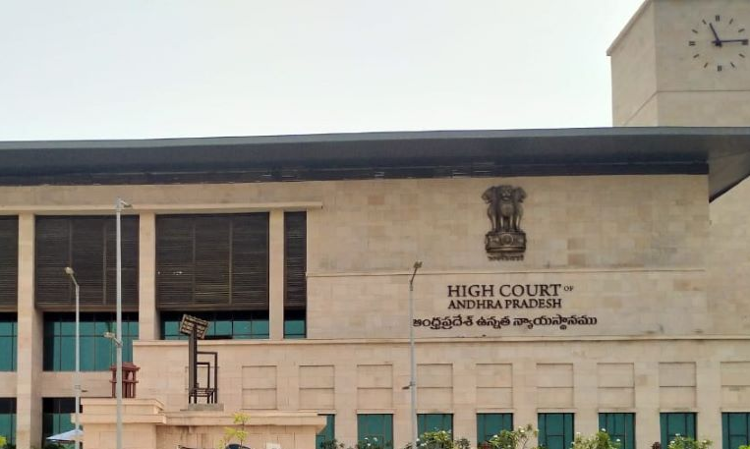The Andhra Pradesh High Court has sentenced IAS officer Praveen Kumar, who was the Collector of Visakhapatnam in 2017, and ordered him to pay a fine of Rs 2000 for wilful defiance of court orders. However, the operation of the order has been stayed for a period of 4 weeks.Justice R Raghunandan Rao observed that while on the face of it, it may seem like the orders of the court had been...

